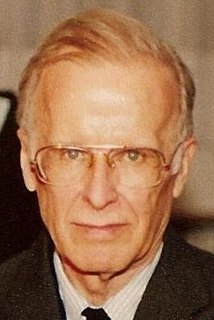A Quote by Eileen Pollack
Most applicants to creative writing programs submit stories about the angst of their suburban childhoods.
Related Quotes
I write for kids because I think the most interesting (and most humorous) stories come from people's childhoods. When I was writing 'Diary of a Wimpy Kid,' I had a blast talking on the phone to my younger brother, Patrick, remembering all of the things that happened to our family when we were growing up.
My god, people are selling their work and people are reading it! The horror! That MFA programs have to advertise that they'll let you write YA or fantasy or what-have-you is just absurd, but we do, because the presumption is that they're closed to that sort of thing. You're offering an MFA in creative writing? Teach people how to write well, worry about that part, let the writers come up with the stories.
The majority of American writers today have chosen passive non-resistance to things as they are, producing sloughs of poetry about their personal angst and anomie, cascades of short stories and rivers of novels obsessed with the nuances of domestic relationships - suburban hanky-panky - chic boutique shopping mall literary soap opera. When they do speak out on matters of controversy they attack not the evils of our time but fellow writers who may insist on complaining.
When I applied to Stanford, I applied for graduate work in the PhD program, not to the creative writing program, mostly because though I had some vague ambition of becoming a writer and I was trying to write poems and essays and stories, I didn't feel like I was far enough along to submit work to some place and have it judged.





































